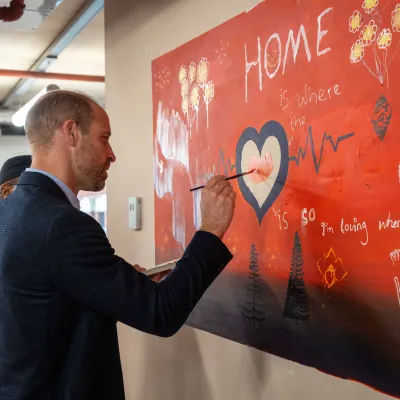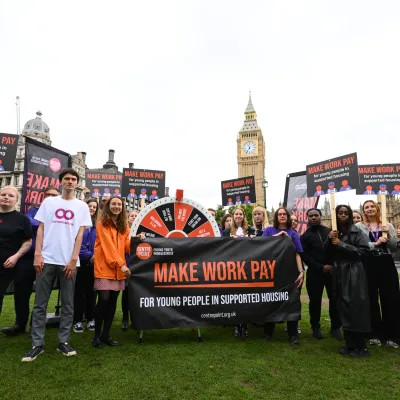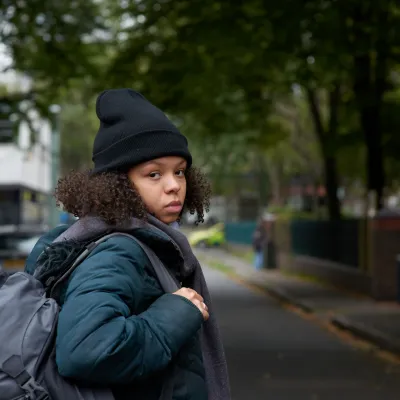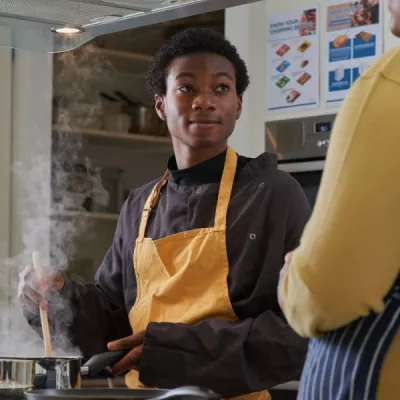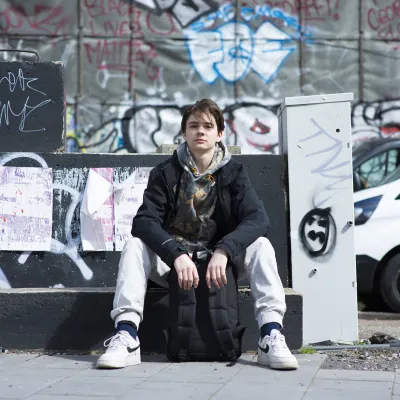Vicky Nevin, Centrepoint’s Public Affairs and Campaigns Officer, reflects on the success of the Chance To Move On campaign. Ahead of the Spending Review, she calls for greater government investment to prevent youth homelessness.
The problem: under-25s get less universal credit
Young people under-25 are most likely to lose their job during the coronavirus crisis, yet the welfare safety net offers little support to this age group. Between March and April this year, there was a 60 per cent increase in the number of under-25s claiming Universal Credit. Due to their age, these young people will receive a lower rate of Local Housing Allowance (also known as ‘housing benefit’) and a lower rate of Universal Credit to cover food and bills. This is regardless of the fact that many under-25s are living independently and have the same outgoings as older people.
A reduced level of Universal Credit can spell disaster for young people living independently, particularly those who cannot return to the family home because of abuse, bereavement or homelessness. Young people are only entitled to the lowest rate of Local Housing Allowance (known as the ‘shared accommodation rate’) which is rarely enough to cover their rent and forces them to dip into Universal Credit intended for food and bills. As a result, young people living independently struggle to make ends meet and often risk homelessness.
Our campaign: the chance to move on
Centrepoint believes that everyone should have a chance to move on from homelessness, regardless of age. The Chance To Move On campaign has united thousands of supporters across the UK in standing up for homeless young people. Together, we are calling on the Government to:
- Act now on its commitment to raise the Local Housing Allowance for homeless young people and care leavers.
- Use the Spending Review to raise the Universal Credit standard allowance for under-25s living independently to match the amount over-25s receive.
Campaign success so far
This year Centrepoint’s Chance to Move On campaign achieved a significant win. The Government committed £10 million per year to raise the Local Housing Allowance for homeless young people and care leavers, helping them to cover the cost of rent. This success was made possible by the dedicated efforts of members of the public, young people with experience of homelessness, supporting charities, and MPs from across political parties.
Last year over 20,000 people signed Centrepoint’s petition calling on the Government to help homeless young people cover the real cost of rent. Ninety MPs from across political parties showed their support by signing an Early Day Motion, which is Parliament’s equivalent of a petition. The campaign gained momentum thanks to supportive MPs like Caroline Lucas, Neil Coyle and Ellie Reeves, who called on the Government to put Universal Credit and youth homelessness on the political agenda.
On World Homelessness Day, Will Quince MP came to visit Centrepoint as the government minister responsible for Universal Credit. Residents shared with him the realities of surviving on Universal Credit as a young person under-25. They explained how the shared accommodation rate of Local Housing Allowance left them trapped in homelessness, unable to cover the cost of rent. Many relied on Centrepoint’s social supermarket as they struggled to afford food and essentials on the Universal Credit standard allowance for under-25s.
In January, young people from Centrepoint knocked on the door of 10 Downing Street and petitioned the Prime Minister to give young people a chance to move on from homelessness. The next week, a debate on the campaign took place in the House of Commons where Caroline Lucas MP eloquently made the case for raising the Local Housing Allowance for homeless young people and care leavers. The government minister was supportive of the cause and reflected on his recent visit to Centrepoint.
On Budget Day in March, Centrepoint’s CEO Seyi Obakin was invited to attend a meeting at the Minister’s office. Campaigners had rallied together on social media ahead of the Budget announcement, inundating the Minister with messages of support for homeless young people. In response, he had good news: the Government would commit £10 million per year to help homeless young people and care leavers cover the cost of rent. Success!
The campaign continues
The campaign did not stop there however. Disappointingly, the £10 million will not be made available until 2023, but homeless young people cannot afford to wait another three years - they need the chance to move on with their lives now. During the coronavirus outbreak, Centrepoint’s helpline has seen calls rise by up to 50%. If the Government fails to give young people a route out of homelessness accommodation, we will be unable to make bed spaces available to others in urgent need. So ahead of this year’s Spending Review, Centrepoint is calling on the Government to increase Local Housing Allowance for homeless young people and care leavers immediately.
The next step of the Chance To Move On campaign is to make Universal Credit fair for young people living independently. When faced with unemployment or financial difficulty, under-25s receive £67 less Universal Credit each month. This can force them to choose between either paying the bills or putting food on the table - and it puts them at serious risk of homelessness. To give young people a fair chance to move on, the Government should raise the Universal Credit standard allowance for under-25s living independently to match the amount over-25s receive.
Young people are the future - following coronavirus they will play a vital role in the UK’s economic recovery, but only if the welfare safety net stops them from slipping through the cracks. The Universal Credit system needs to acknowledge the realities under-25s face, rather than setting them up to fail. Young people should be able to meet their basic needs while seeking employment, education and training. Otherwise, they risk homelessness, which will have a lasting impact on their health, their relationships and their future.
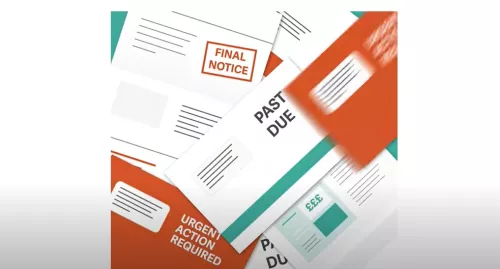
How universal credit works

